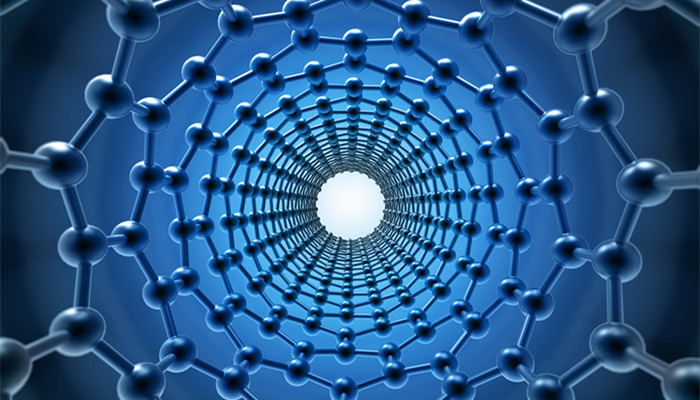
Magnesium-based solid-state hydrogen storage materials have excellent comprehensive properties and have huge development potential in the field of hydrogen energy storage and transportation.
Magnesium-based solid-state hydrogen storage materials, also known as magnesium-based hydrogen storage materials, refer to a type of metal solid-state hydrogen storage materials with the advantages of large hydrogen storage capacity, low production cost, and abundant raw materials. The main component of magnesium-based solid-state hydrogen storage materials is magnesium hydride with a purity of more than 99%, and the impurities are magnesium and trace amounts of other metal elements. At present, the magnesium-based solid-state hydrogen storage material with relatively mature technology is magnesium-based hydrogen storage alloy.
From the upstream of the industrial chain, my country is the world’s largest country in magnesium resource reserves. Currently, more than 90% of the world’s magnesium resources come from China. In 2022, my country’s magnesium resource output will be about 1 million tons. Sufficient sources of raw materials and low costs have created favorable conditions for the development of the domestic magnesium-based solid-state hydrogen storage materials industry.
From the downstream of the industrial chain, magnesium-based solid-state hydrogen storage materials are mainly used in hydrogen storage and transportation scenarios. The terminal application fields include new energy, medicine, agriculture, animal husbandry, etc. They are a new type of solid-state hydrogen storage materials with great development potential. Hydrogen energy is a widely used secondary energy source that mainly meets power supply needs in the form of fuel cell power generation. It is widely used in transportation, construction, energy storage, petroleum, chemical industry, metallurgy, electronics, medical and other fields.
The storage and transportation of hydrogen energy are key links for the widespread application of hydrogen energy. Its main storage and transportation methods include liquid hydrogen storage and transportation, solid hydrogen storage and transportation, and high-pressure gaseous hydrogen storage and transportation. Among them, solid-state hydrogen storage has the advantages of not requiring high-pressure and insulated containers, high safety, and no risk of explosion, and is expected to become the mainstream method of hydrogen energy storage and transportation in the future.
According to the “Research Report on Market Monitoring and Future Development Prospects of China’s Magnesium-Based Solid-State Hydrogen Storage Materials Industry from 2023 to 2027” released by the Industrial Research Center shows that magnesium-based solid-state hydrogen storage materials have the highest hydrogen storage density among metal solid-state hydrogen storage materials; at the same time, the hydrogen production method of magnesium-based solid-state hydrogen storage materials has the advantages of high efficiency, variety, and simplicity, and its hydrogen production method is thermal Liberating hydrogen and water liberating hydrogen; in addition, magnesium hydrogen storage can also purify hydrogen, and magnesium-based solid hydrogen storage materials can convert general purity hydrogen into 99.999% high-purity green hydrogen. In the context of the rapid development of the solid-state hydrogen storage material market in the future, the market demand for magnesium-based solid-state hydrogen storage materials is expected to increase significantly, and the market development potential is huge.
Industry analysts said that magnesium-based solid-state hydrogen storage material technology is still in the research and development stage, and Shanghai Magnesium Power Technology is the only one in the world. The company has the ability to mass-produce magnesium-based solid-state hydrogen storage materials, while most other companies are still in the research and development stage. Companies laying out the research and development track for magnesium-based solid-state hydrogen storage materials mainly include French McPh, Australian Hydrexia, Japanese BioCoke Lab, American Alfa Aesar, American Sigma Aldrich and other international companies, as well as Yunhai Metal, Hydrogen Maple Energy, Hydrogen Storage Technology, Baowu Cleaning Energy and other local companies. As the research and development process of domestic enterprises continues to accelerate and research and development efforts continue to increase, the industrialization process of magnesium-based solid-state hydrogen storage is constantly accelerating, and the industry shows great development prospects.

 微信扫一扫打赏
微信扫一扫打赏

